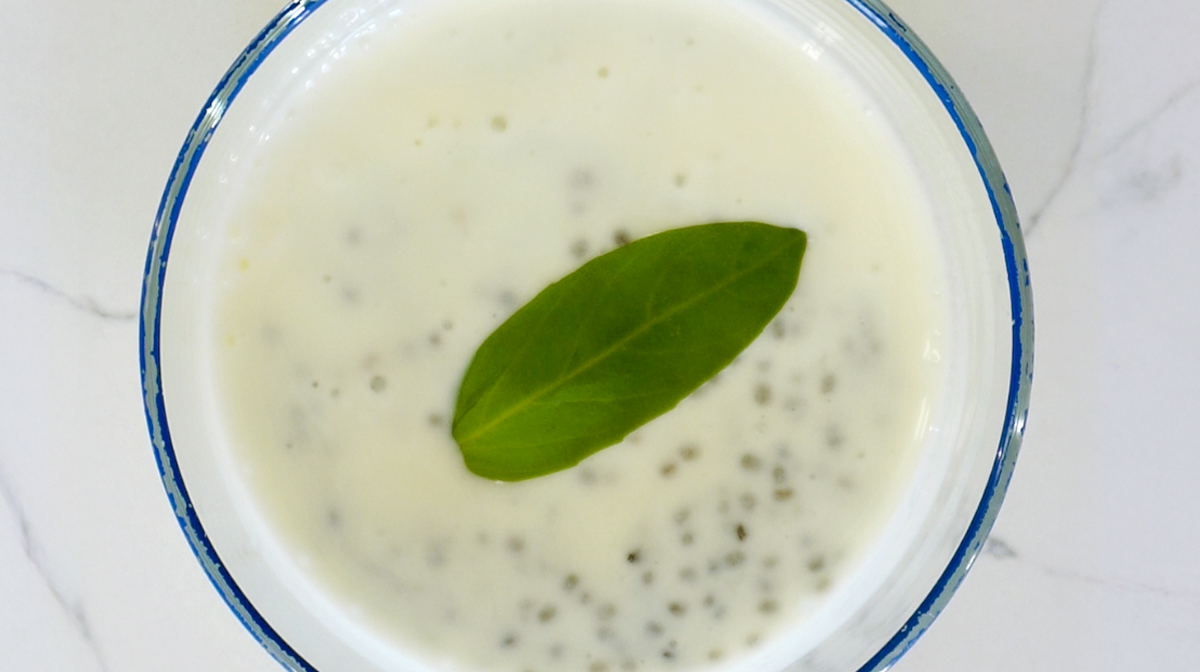
Gut health made simple: The 2026 food trends worth trying this year
Gut health has become one of the most influential themes in modern wellness and the way we cook is starting to reflect that shift. Interest in gut-friendly eating has now moved into everyday routines with people looking for simple, practical recipes that support digestion, reduce bloating, and help them feel their best. So let’s look […]

Let’s Talk About Vaginal Health Without Shame: Why It’s Time to Normalise the Conversation
Ashley James tells us why we should be talking more about our vaginal health Many women experience vaginal discomfort, changes in intimate health and confusion about what’s normal – yet we rarely talk openly about vaginal health. In this article, Ashley James explores why it’s time to normalise conversations about the vaginal microbiome, gut–vagina connection […]

Pineapple, ginger & kefir tonic with basil chia pearls
Why it works for gut health Fermented kefir Anti-inflammatory ginger Polyphenol-rich basil Fibre from chia seeds Ingredients 200ml plain kefir (or coconut kefir) 100ml pineapple juice ½ tsp fresh grated ginger 1 tsp honey (optional) 1 tbsp chia seeds 4–5 torn basil leaves Method Mix the chia seeds with the pineapple juice and leave 10 […]

Miso-roasted aubergine with crispy lentils & tahini yoghurt
Why it works for gut health Prebiotic aubergine Fibre-rich lentils Fermented miso Polyphenol-rich toppings Serves 2 | 405 calories | 15g protein | 12g fibre per serving Ingredients 1 large aubergine, halved 1 tbsp white miso 1 tbsp maple syrup 1 tbsp olive oil 1 garlic clove, grated 1 × 400g tin lentils, drained and […]
Our Author

Alice Liveing
Writer and expert

Rob Hobson
Writer and expert

Kim Plaza
MSc, BSc (Hons), MBANT, rCNHC, Registered Nutritionist

Matthew Hudson
MSc, BSc (Hons), Registered Associate Nutritionist (ANutr) Technical Advisor

Ellie Mason
Personal Trainer and Online Coach

Grace Kenworthy
Writer and expert

Dr. Erica Mulholland
MBChB Medical Doctor